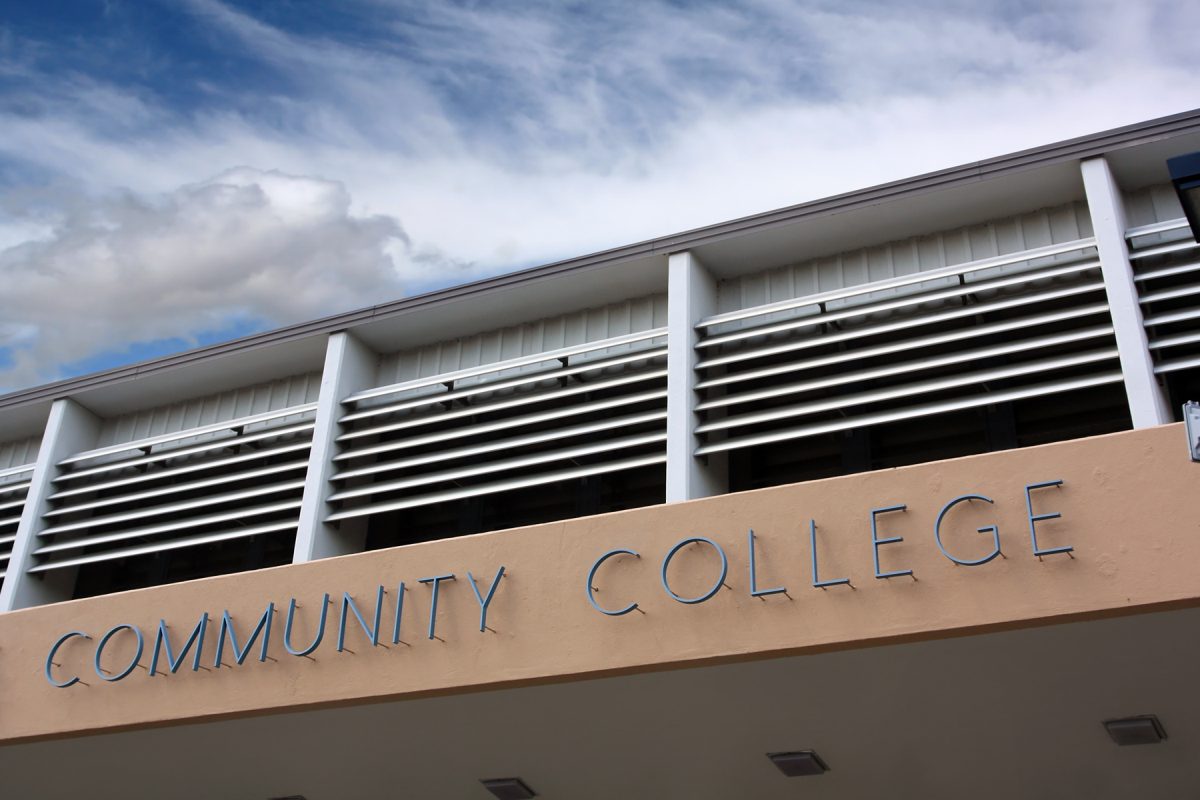As a student who is in the class of 2025, I often hear about my peers’ decisions related to college and their envision of the future. While four-year universities, especially the prestigious ones, are preferred by both parents and students, community colleges offer an alternative path for those who cannot afford a four-year college while wanting to maintain flexibility in their routine.
Community colleges typically offer flexible schedules, including evening and weekend classes, which can be beneficial for working students or those balancing other commitments. Students can benefit from the flexible scheduling options, enabling them to have greater control over their time management and develop a sense of autonomy.
Plenty of those institutions also have work-study programs that offer on-campus employment opportunities for students with financial need, where eligible students can work up to 19 hours per week (about $300 per week before tax deduction) to help pay for their tuition fees in order to alleviate financial burden.
Not only do students benefit from developing a good work ethic and budgeting, but parents also feel less anxious about covering tuition fees and related costs, knowing that their children are taking steps to be financially responsible and independent.
Many students who did not end up in their ideal 4-year university also choose to attend a community college and transfer to a 4-year university. After two years of taking general education (GE) courses, students may earn an associate degree or complete transferable coursework for a four-year university.
Kenny Lin, a San Gabriel alumni who is a college junior currently enrolled at University of Southern California (USC), reported that he spent only about $3,000 to complete 60 transferable units. He said that if he had taken all his general education courses at USC, the estimated tuition would have been approximately $140,000, assuming he enrolled in 15 units each semester over four semesters.
Lin’s experience reflects that completing general education courses at a community college can save a lot of money, which prevents students from having to pay enormous amounts of student loan debt over the long term and allows students to allocate money to other areas of their life.
Despite often being stigmatized for its perceivably lower quality of education, community colleges present a crucial alternative for students navigating their post-high school options. With their flexible schedules, affordable tuition, and valuable work-study programs, students are encouraged to pursue higher education while balancing work and personal responsibilities without sacrificing financial stability.
A college degree is not only essential to your career—it is also about life-long learning. The K-12 curriculum may be sufficient for tackling daily tasks, but higher education is what allows people to develop a higher-order thinking. And going to a community college is one way to accomplish that objective.
























